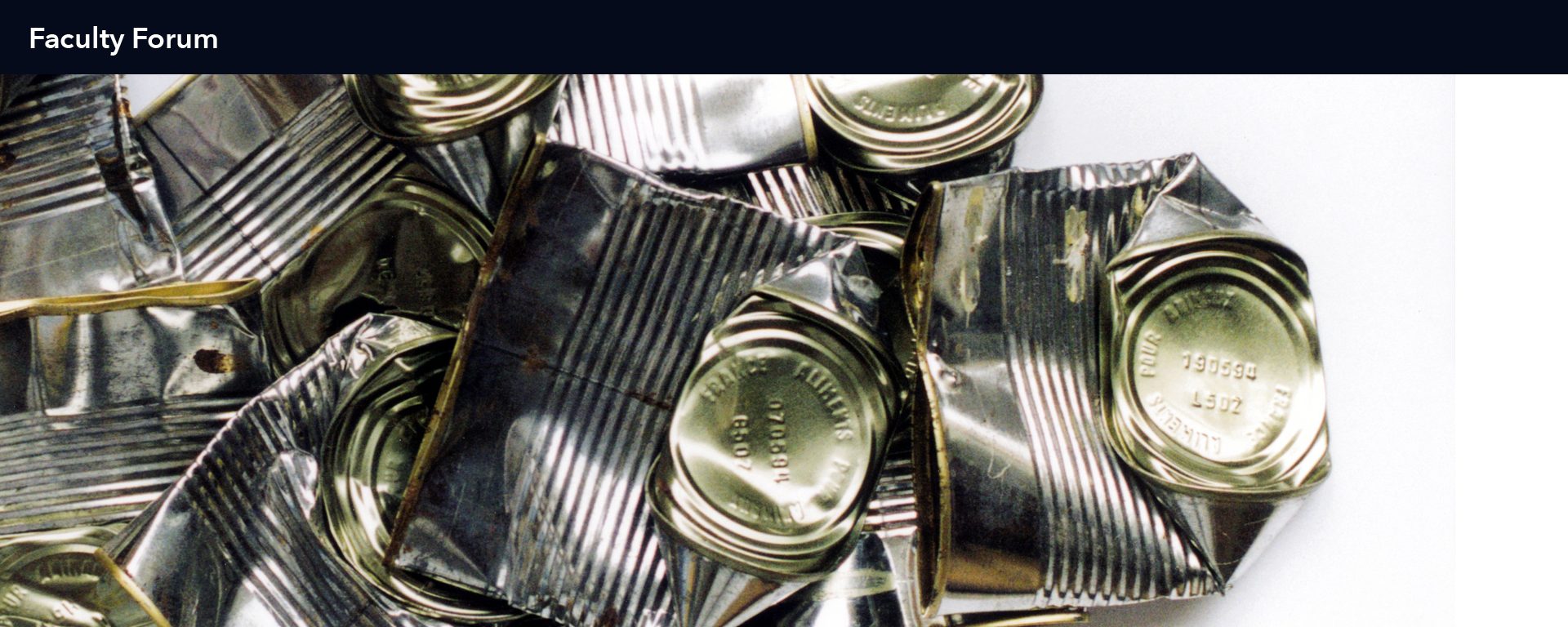Crushing the Interview
Moving in or moving on?
by Dr. Michael Wolter
Program Director and Associate Professor of Management and Leadership
Interviewing can be a stressful situation for job applicants, being put in the spotlight for anywhere from a few minutes to a full day and sometimes beyond. In the window of opportunity that you’re afforded, you need to convince absolute strangers that YOU, more than anyone else, are the ideal person for this job.
Getting in the door is the first step to any interview, and your résumé is the key that can open the door for you. Hiring managers review your résumé and cover letter to get a glimpse of who you are. Your choice of formatting and wording create the invaluable first impressions, but once you get through that door, you must back up everything you’ve written with everything you say and do.
National Lampoon’s character Van Wilder satirically compared interviews to first dates. People on first dates ask questions to get to know someone they hope to spend more time with. The same can be said for employers and prospective employees. When you consider how much time people spend with their work colleagues, it is critical that they get to know as much about you as possible, in as short amount of time as possible.
Most employees typically spend eight to 12 hours — a third to a half of their day — at work. With errands, kids’ schedules, and commuting cutting further into our cherished time with loved ones, it’s logical for employers to think, “If I’m going to spend so much of my day with this person, I’m going to make sure the fit is as near perfect as possible.”
This makes the interview process even more important for both sides. Yes, prospective employers will look at your skills, qualifications, and knowledge, but in the few precious moments you have together, some fairly big questions need to be addressed. Do you fit into the organization’s culture? Can you work in this environment and function as part of a team? Will you interact well with your potential colleagues for a majority of your day? Do you fit their agenda?
Similar to being on that first date, during employment interviews we tend to experience an instant vibe of “Hmmm, there’s something interesting here” versus “Okay, moving on.” During the time I worked in Career Services and as an academic advisor, I acquired useful insights on what hiring managers look for: someone who dresses the part, communicates well, demonstrates a real desire to be there, and is likely to get along with the team. Employers indicate that they would rather train someone less experienced, who has these important attributes, rather than hire someone strictly on their technical know-how.
While it is important that you meet the specific requirements of your field — education, training, experience, etc. — it is the connection you make during those initial moments in the interview that can make or break your chances of being hired.
Practice makes perfect. The best way to overcome the nervousness and “stage fright” of interviewing is to practice constantly. Find a mentor in the field to help you practice answering questions. Ask your professors and advisors who are experts in their fields to sit down and do mock interviews. At Goodwin University, our Career Services team is a great resource for interview preparation. The School of Business Technology and Advanced Manufacturing holds yearly mock interviews with alumni and hiring managers from local organizations. Mock interviews enable you to work with industry experts who can help you shape your responses to questions that meet the needs of hiring managers.
Learn more about Goodwin’s Management and Leadership offerings.
Learn more about Goodwin’s Career Services support.
Goodwin University is a nonprofit institution of higher education and is accredited by the New England Commission of Higher Education (NECHE), formerly known as the New England Association of Schools and Colleges (NEASC). Goodwin University was founded in 1999, with the goal of serving a diverse student population with career-focused degree programs that lead to strong employment outcomes.

